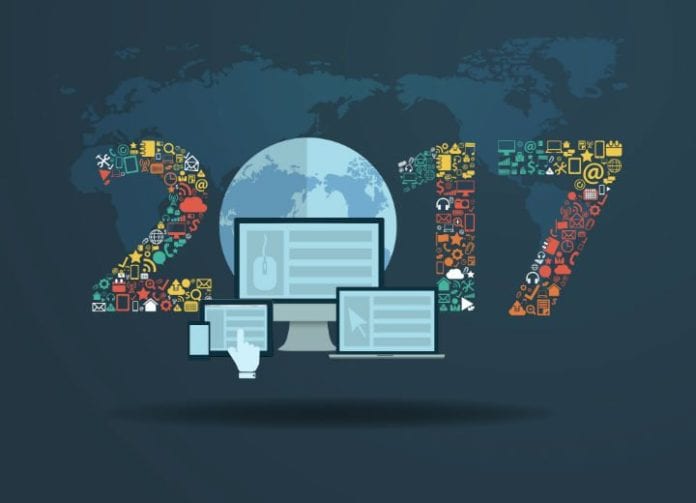Changes in roaming, the impact of IoT and continued M&A activity will require greater collaboration and interoperability in 2017.
Editor’s Note: With 2017 virtually upon us, RCR Wireless News has gathered predictions from across the mobile telecommunications space on what they expect to see in the new year.
2016 proved to be a remarkable year for the telecommunications industry. In its crudest form, mobile was previously synonymous with the core voice services provided by operators. And while voice remains one of the biggest revenue streams for mobile network operators, the digital revolution has sparked a new age for communication. New, branded digital experiences – messaging apps, chat bots and even the “internet of things” – have pervaded mobile devices globally as consumers expect instant connectivity and seamless services wherever they are in the world.
As operators and internet service providers make great headway in giving subscribers the ultimate user experience with faster, more qualitative and cost-effective voice and data services, 2017 – despite its imminent challenges – could prove to be a turning point for the industry as a whole, with new revenue opportunities and partnerships to be reaped for those who have readied themselves to take advantage.
The abolition of EU roaming charges will force significant change in the industry
June 2017, will mark a huge juncture in mobile history as European Union regulators abolish roaming charges, allowing subscribers to use their mobile phones abroad as they would at home.
The abolition of roaming charges in Europe for consumers will have a knock on effect for wholesalers, who will be under increasing pressure to reduce their own fees. However, roaming traffic is expected to grow significantly as more subscribers will be inclined to switch on data roaming as they travel. This surge in usage of mobile voice and data services abroad should offset the impact of the changes in legislation.
The wholesale telecom sector will experience a period of upheaval as the new measures come into place. However, the blow could be softened by the decision made by EU ministers in December 2016, to cap wholesale rates. Essentially, this will give mobile operators and wholesale carriers time to adjust. Either way, mobile operators will need to adapt if they want to reap the rewards of the industry’s digital transformation.
IoT will spark new services and revenue streams
In 2017, we will witness more convergence across the telecom space as service providers develop cross-platform propositions to support content services and also look to diversify in order to target vertical markets.
IoT will be a key driver of this transformation, as an increasing number of industries become reliant on mobile to provide the connectivity and infrastructure needed to support IoT implementations. IoT has become integral to the growth of smart homes, smart factories, automated production lines and the emergence of driverless cars.
We have already seen several deployments of global IoT solutions, but in 2017, these are likely to gain traction as more equipment manufacturers and enterprises look to embed global connectivity into their devices. Wholesalers will play a key role in bringing disparate players from other markets together, helping to drive collaboration that will support innovation in telecoms.
Increased M&A activity will prompt collaboration to take advantage of industry opportunities
Wholesalers are set to play a crucial role in the development and transformation of the telecoms industry in 2017, acting as a facilitator of new partnerships across the sector.
In 2016, we saw a number of high-profile mergers and acquisitions as major operators looked to enhance their digital propositions to offer content and media services. This was evident in the U.S. Verizon’s pending acquisition of Yahoo and the recent move by AT&T to acquire Time Warner. On the consolidation front, the U.K. incumbent BT acquired EE, the country’s largest mobile operator.
In 2017, we’ll see similar activity again, but on a micro-level as mobile operators and pure-play telecom businesses look to partner with digital service providers, cloud communications companies and even financial technology companies to embed mobile and rich communications services into their core proposition. In order for these players to capitalize on the opportunities before them, they will need to look at partnering with wholesalers, retail service providers and vendors to help make the connections, share assets and intelligence in order to develop and roll out new services and to new markets in order to differentiate.

